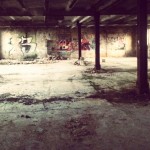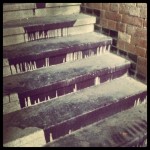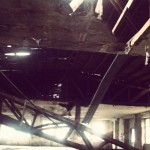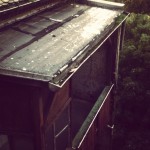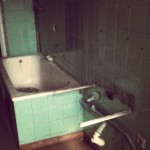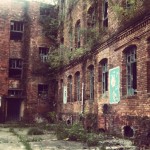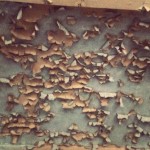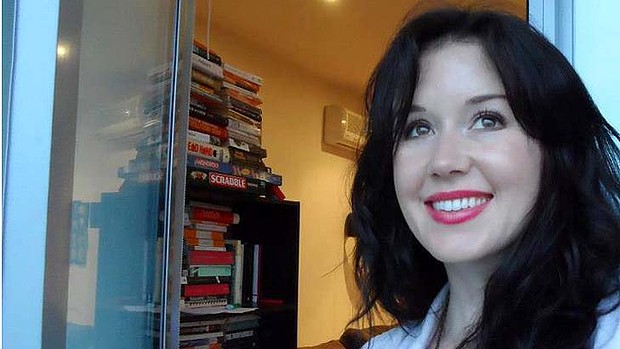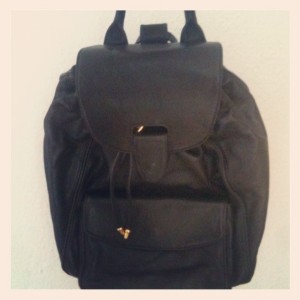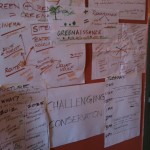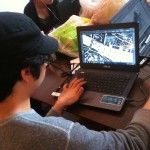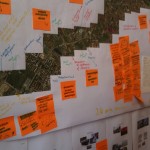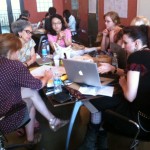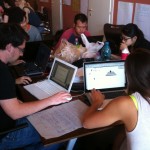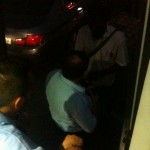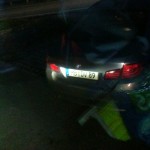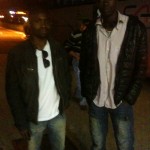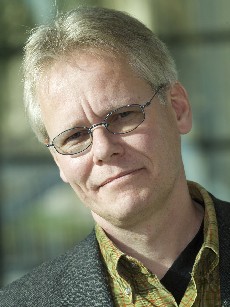 I was in Leipzig for a workshop on Collective Agency, which was very inspiring and thought provoking, and I wanted to share all of the discussions here, but they were so proliferate and sometimes disparate that I am going to focus on one standout presentation by Christoph Görg. He gave a super clear and relevant account of global society, societal individuals and the natural environment – I haven’t scribbled that hard since first year uni, and I’m pretty sure I have his whole presentation verbatim. They say that if you can’t explain something simply you don’t know enough about it, and while I definitely don’t know enough about social theory, hopefully his words can make the history and environmental implications of social theory clearer.
I was in Leipzig for a workshop on Collective Agency, which was very inspiring and thought provoking, and I wanted to share all of the discussions here, but they were so proliferate and sometimes disparate that I am going to focus on one standout presentation by Christoph Görg. He gave a super clear and relevant account of global society, societal individuals and the natural environment – I haven’t scribbled that hard since first year uni, and I’m pretty sure I have his whole presentation verbatim. They say that if you can’t explain something simply you don’t know enough about it, and while I definitely don’t know enough about social theory, hopefully his words can make the history and environmental implications of social theory clearer.
Görg started with Giddens 1984 theory of structuration pitching structure vs agency and society vs individual. He then shared some of his concerns about the ways that this translates to the real world, namely: ontological, methodological and ethical. He felt that social structures compel adherence but ignore the rights of the individuals (like women not having the right to vote), so he felt that while methodologically structuration was an applicable way to understand the world, ethically he felt that individuals need more freedom.
He then pit Durkheim’s 1892 view that individuals exist within institutions without being able to ignore or change them, against Weber’s 1922 view of individuals as ‘subjective intended meaning and action’ creating and reproducing the structures within which we operate. But concluded that this was a false dichotomy and that ‘structuration’ offered a bridge between the structure agency standoff.
Structuration, he posed, has a dual nature: not only constraining but also enabling. The bulk of daily life plays out as routines, but with reflexive monitoring of actions that opens individuals to shape their own routines ‘deliberately’. He sees institutions as being constructed through actions (including meaning, resources, rules, legitimisation, etc.) but also institutions as being comprised and dependant on societal individuals (religion, economy, policy, law etc. is built up of many little cases).
From this Görg concluded that research needs to incorporate a more bridged view of structure and agency: that structure influences agency, but that visa versa is also true. That there is no mutual exclusion between individuals and society. And that research would do well to consider societal individuals as a central figure. To achieve this he suggested a ‘relational’ approach toward structure and agency, but also cautioned to take constraints/influences seriously, acknowledging the ‘society produced and producing individuals’ who then steer society, in a never ending cycle.
‘Routines are not restricted to reproduction, but salient moments of purposeful performance in personally aesthetic ways.’
Which lead him into a discussion of power. He felt that it necessary to distinguish the degree of influence and freedom, and of decisive power of individuals in finding ways to see the interaction between systems and actions. (An example of a powerful individual would be a style leader who everyone tries to emulate, or policy maker that creates rules, each on is inside their systems, but has a greater degree of control over that system).
He followed this with a picture that showed the interdependencies of nature, society and the individual, titled ‘Critical Theory of Society’. Google images wouldn’t fetch me a copy so apologies for my rough sketch below.
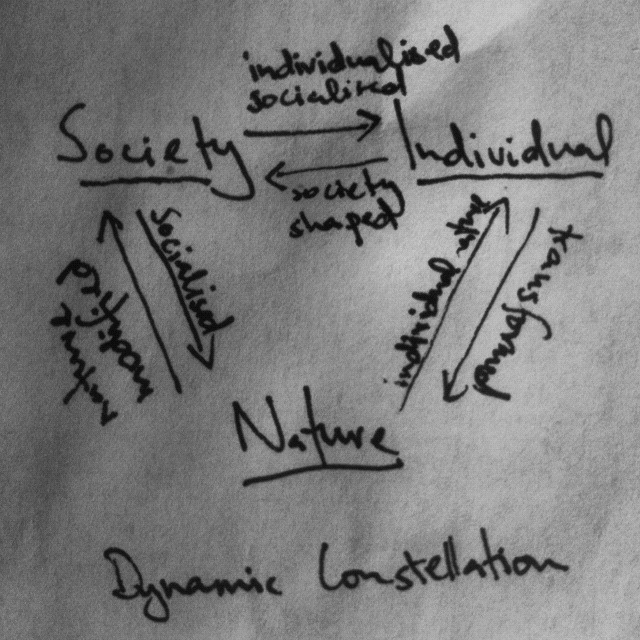
From this he followed that ‘non-intended’ side effects of individuals within (and against) structures can inadvertently undermine social or ecological conditions. While he ascribed individuals system-steering agency, he though a lack of a systems view posed a barrier to positive outcomes. His suggestion for individual and collective action was to choose an appropriate scale; local, national or global, seek to understand that system and then apply pressure in ways that would have benefits to nature, society and individuals. He urged the propelling global society and societal individual to draw support from structures but to be open and responsive to input from passionate individuals.‘Collective capability can create structures that allow for agency.’
For me it was really interesting to hear him string the old school social theorists together and then work out why society and sustainability aren’t really on speaking terms at the moment. But if nothing else – perhaps a fun dinner party conversation? I’ll bring the wine.

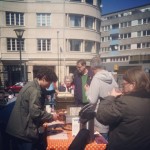

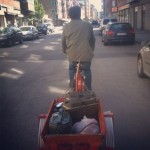
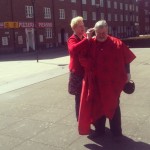
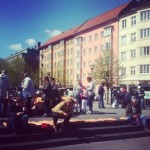
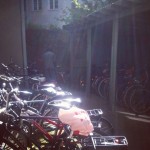
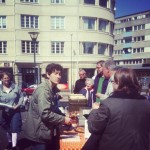
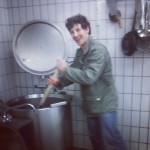
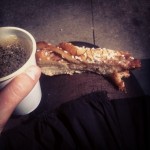
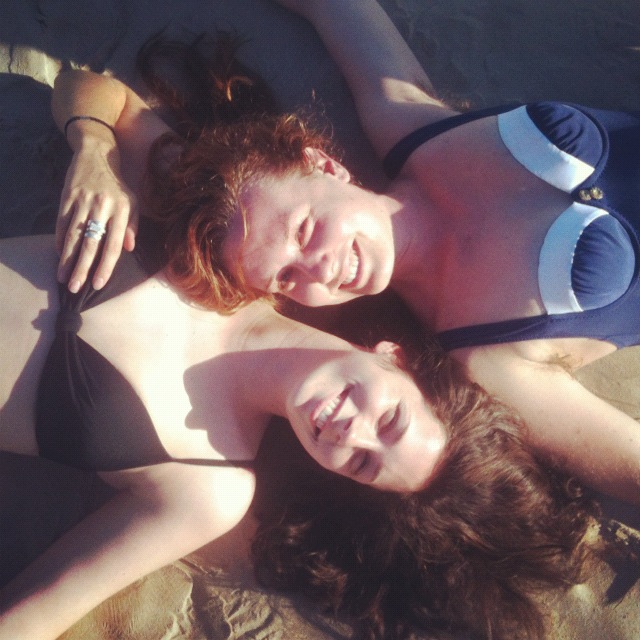
 I was in Leipzig for a workshop on
I was in Leipzig for a workshop on 
